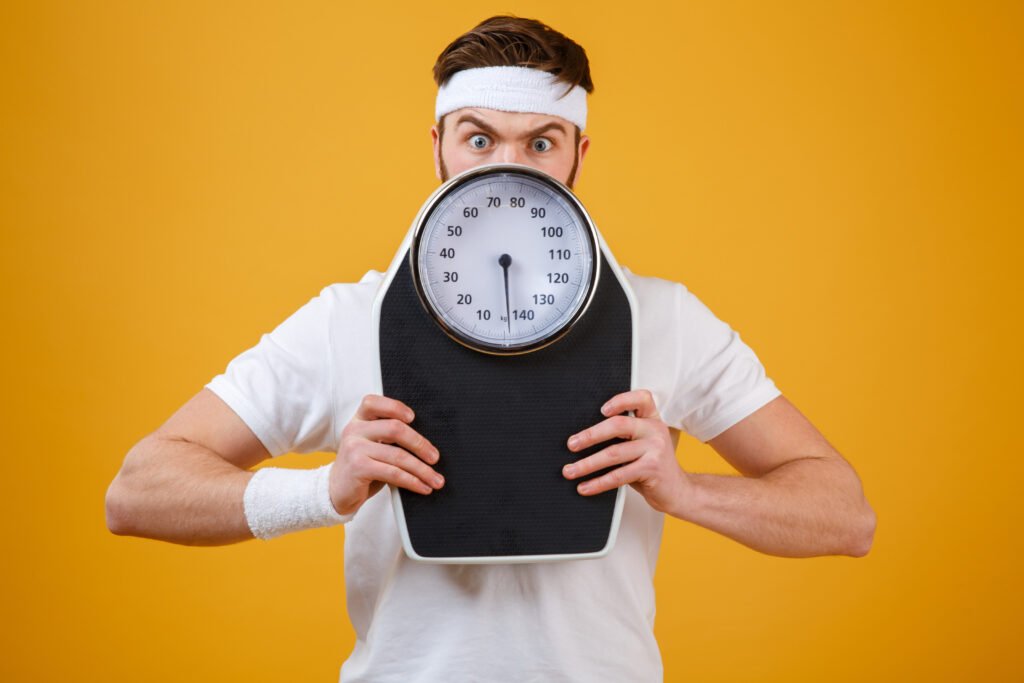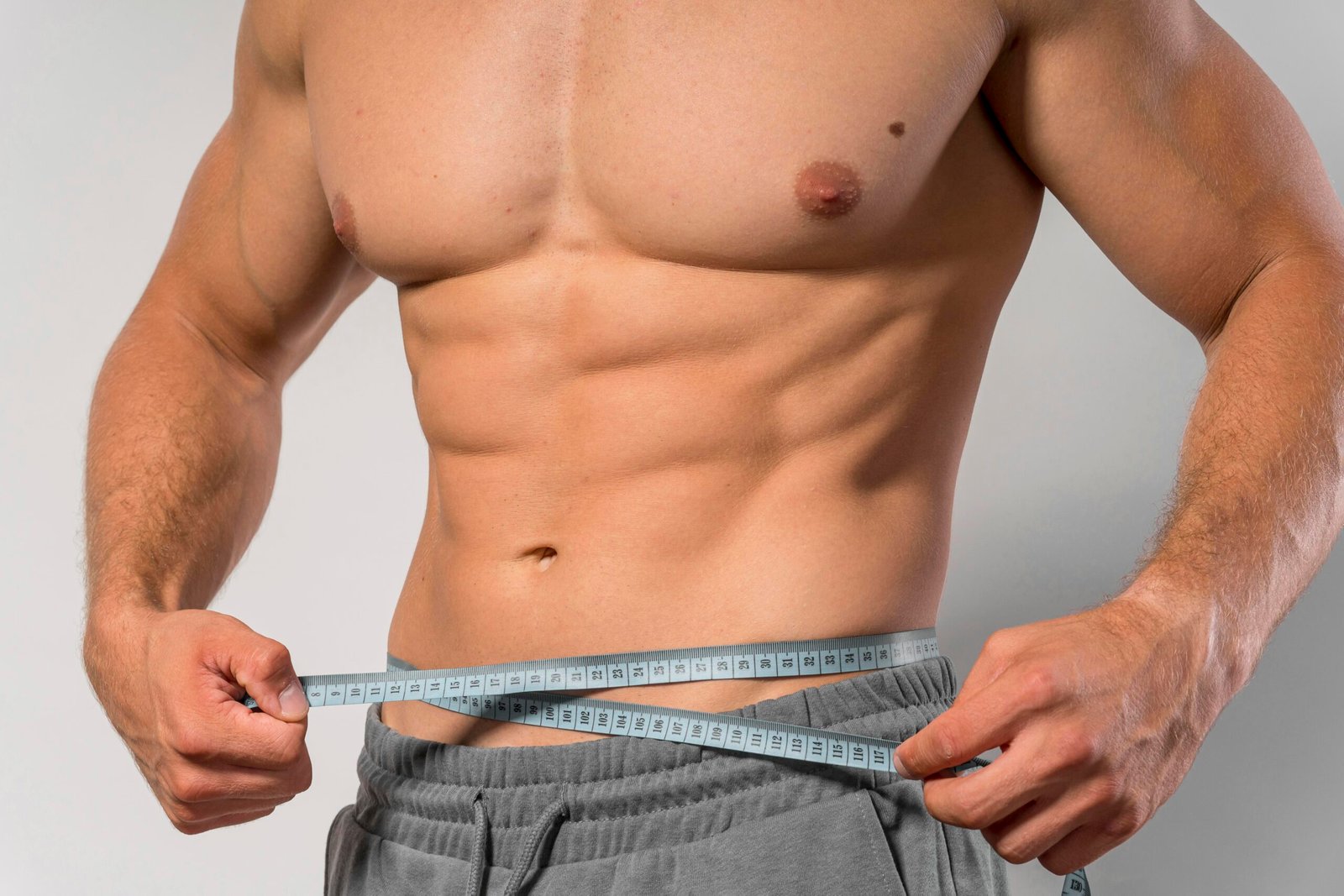How to weight loss in 30 days: Introduction
Losing weight is a goal for many, yet the journey can often feel overwhelming. However, with a structured plan, it is entirely possible to lose a significant amount of weight in just 30 days. This guide will provide you with practical steps, dietary recommendations, exercise routines, and lifestyle changes that can help you achieve your weight loss goals in a healthy and sustainable way.
How to weight loss in 30 days: Table of Content
Setting Realistic Goals
Before embarking on your weight loss journey, setting realistic and achievable goals is crucial. Aiming to lose 3 to 5 kg (6 to 11 lbs) in 30 days is a sensible target. Rapid weight loss can lead to muscle loss, nutritional deficiencies, and other health issues, so focusing on gradual, steady progress is important.
Creating a Balanced Diet Plan
Diet plays a pivotal role in weight loss. Here’s a week-by-week breakdown of a balanced diet plan to follow over the course of 30 days:
Week 1: Detox Week
The first week is about detoxifying your body and preparing it for the journey ahead.
Breakfast: Start your day with a smoothie made of spinach, kale, Honey and a banana.
Lunch: Have a salad with a variety of colorful vegetables and a light vinaigrette.
Dinner: Opt for grilled vegetables with a small portion of brown rice.
Snacks: Fresh fruits, nuts, or herbal teas.
Tip: Drink plenty of water throughout the day—aim for at least 2 liters.
Week 2: Protein Power
In the second week, focus on increasing your protein intake, which can help you feel full and maintain muscle mass.
Breakfast: Scrambled eggs with spinach or Greek yogurt with berries.
Lunch: Grilled chicken or fish with quinoa and steamed broccoli.
Dinner: Stir-fried tofu or lentils with mixed vegetables.
Snacks: Hummus with carrot sticks or a protein shake.
Tip: Incorporate lean meats, fish, and plant-based proteins to meet your protein goals.
Week 3: Carbs Conscious
During the third week, pay attention to your carbohydrate intake. Focus on complex carbs that provide sustained energy.
Breakfast: Oatmeal topped with fruits and nuts.
Lunch: Whole grain wrap with turkey, lettuce, and tomato.
Dinner: Baked sweet potatoes with a side of grilled salmon.
Snacks: Air-popped popcorn or whole-grain crackers.
Tip: Limit refined carbs such as white bread, sugary snacks, and pastries.
Week 4: Healthier Choices
The final week is about making healthier choices and maintaining the habits you’ve developed.
Breakfast: Smoothie with protein powder, spinach, and almond milk.
Lunch: Quinoa salad with chickpeas, cucumber, and feta cheese.
Dinner: Grilled chicken with a side of mixed greens and avocado.
Snacks: Fresh fruit, nuts, or yogurt.
Tip: Continue to monitor portion sizes and focus on whole foods.
Exercise Routine
Incorporating exercise into your daily routine is essential for weight loss. Here’s a suggested weekly exercise plan:

Cardio: Aim for at least 30 minutes of cardiovascular exercise 4-5 times a week. Activities can include jogging, cycling, swimming, or group fitness classes.
Strength Training: Include strength training exercises at least 3 times a week. This could involve using weights, resistance bands, or body weight exercises like push-ups, squats, and lunges.
Flexibility and Recovery: Don’t forget to include stretching or yoga sessions to improve flexibility and help with recovery.
Stay Hydrated
Hydration is key in any weight loss plan. Drinking sufficient water can help boost your metabolism, improve digestion, and aid in weight loss. Aim for at least 2-3 liters of water daily. Herbal teas and infused water with fruits or herbs can also be great alternatives.
Mindful Eating
Practicing mindful eating can significantly enhance your weight loss efforts. This means paying attention to what you’re eating and savoring each bite. Avoid distractions such as television or smartphones while eating. Chew your food thoroughly, and listen to your body’s hunger and fullness cues.
Sleep and Stress Management
Sleep and stress levels can greatly affect your weight loss journey. Aim for 5-8 hours of quality sleep each night. Poor sleep can lead to weight gain, as it disrupts hormones that regulate hunger.
Managing stress is also crucial. High-stress levels can lead to emotional eating. Techniques such as meditation, yoga, and deep breathing exercises can help manage stress effectively.
Monitor Your Progress
Keeping track of your progress is important for staying motivated. Weigh yourself at the start of your journey and then weekly thereafter. Keep a journal to note down your food intake, exercise, and how you feel physically and emotionally.

Conclusion
Losing weight in 30 days is a challenging but achievable goal. By following a balanced diet, incorporating regular exercise, staying hydrated, practicing mindful eating, and managing sleep and stress, you can successfully lose weight in a healthy and sustainable way. Remember to be patient with yourself, celebrate your progress, and stay committed to your goals.
Call to Action
If you found this guide helpful, share your experiences and thoughts in the comments below! What are your weight loss goals, and how do you plan to achieve them?


I like your content sir